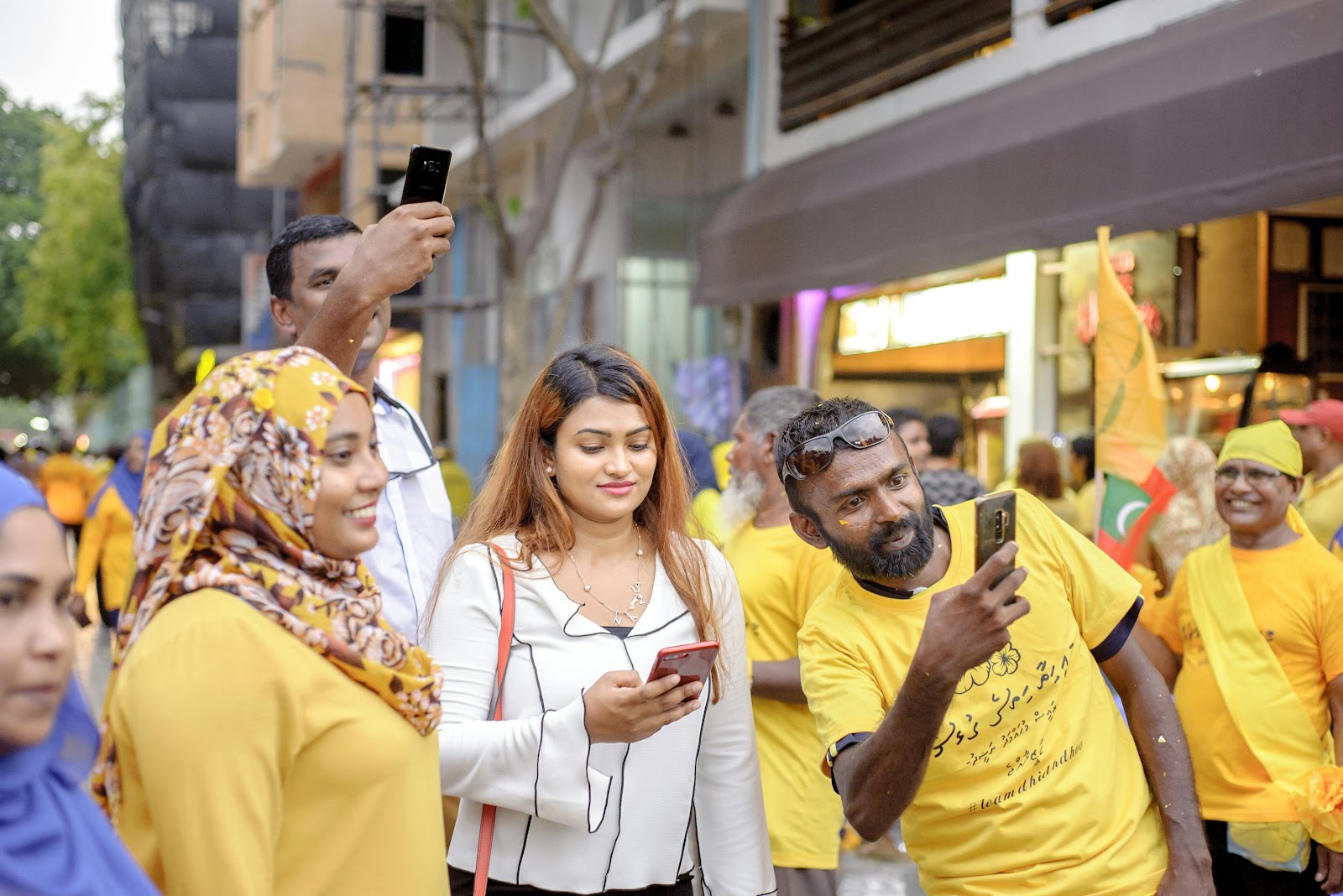The rights of the disabled, including the deaf, have been significantly enhanced in Israel.
Among the major laws safeguarding these rights is the Equal Rights for People with Disabilities Law, which was passed in 1998.
This law guarantees equal access to public services, employment, education, and other dimensions of daily life for those with disabilities, including the deaf and hard of hearing.
Many deaf people in Israel still struggle to gain access to opportunities and necessary services in spite of robust legal protections.
In a bid to attain total inclusion within society, there is a need to comprehend the Equal Rights for People with Disabilities Law and how it is utilized with regard to the deaf people.

The Equal Rights for People with Disabilities Law and Why It Matters
The Equal Rights for People with Disabilities Law was established with the purpose of preventing discrimination and ensuring equal opportunities for disabled people in Israel.
Employment, education, public transportation, healthcare, and government services are just a few of the areas in which this law is implemented.
Private organizations and government institutions are mandated by the law to make reasonable accommodations for the deaf population in an attempt to provide accessibility.
This entails offering captioning services, sign language interpretation, and assistive technology when needed.
While the law gives an ideal framework for safeguarding the rights of the deaf, it is still difficult to apply.
Gaps in accessibility occur because many public organizations and businesses are still unable or lack the data or resources necessary to completely comply with the law.
Education and Deaf Students in Israel
To empower the deaf and provide them with equal chances in the future, education is very significant.
The schools and colleges are required under the Equal Rights for People with Disabilities Law to facilitate deaf students.
This includes provision of speech-to-text, interpretation in sign language, and educational programs tailored in a manner particularly to meet the needs of the deaf population.
Deaf students continue to find it difficult within mainstream schools, owing to limited qualified instructors as well as inadequacies of accessibility infrastructure even in light of these legal
protections.
Although Israel has schools of the deaf, most deaf students would rather attend mainstream schools that lack the capability of addressing their needs.
Some universities have student programs to assist deaf students in their educational endeavors, and other colleges and universities have been working on making themselves more accessible.
To ensure that all schools are adhering fully to the law and that deaf people can have an open education, more work must be done.
Employment Rights and Workplace Inclusion

Employers cannot discriminate against the deaf in the workplace through the Equal Rights for People with Disabilities Law.
They must also provide deaf workers reasonable accommodations that will allow them to work effectively.
Where necessary, this includes providing assistive technologies, written communication alternatives, and sign language interpreters.
A large majority of the deaf people in Israel still experience difficulties with job placement in spite of these protective laws because they are misunderstood concerning their abilities and fear communication complications.
Certain companies are reluctant to hire deaf workers because they worry it will be expensive or problematic to include them.
NGOs and the Israeli government have been introducing programs encouraging workplace accessibility as a means to address this situation.
These programs aim at employer training, deaf job applicants’ training, and offering economic incentives to companies that employ people with disabilities.
While progress has been made, further legal enforcement and ongoing efforts to end workplace discrimination are required.
Access to Public Services and Healthcare
Another important aspect of the Equal Rights for People with Disabilities Law is providing equal access to public services.
This encompasses access to public transport, the law, and healthcare by the deaf community.
For the deaf accessing healthcare, communication problems are a massive obstacle in the healthcare industry.
Doctors and other healthcare staff cannot communicate effectively with deaf patients in the majority of hospitals and clinics due to the lack of sign language interpreters.
Video relay services and text communications have been suggested by some medical providers but have seen little use thus far.
Public transit also needs to be upgraded for accessibility.
Although Israel is among the most advanced nations of the world to have introduced visual and text-based information for deaf passengers, some shortfalls are still present in offering complete access in all transit modes.
Although enjoying robust legal protection, provisions under the Equal Rights for People with Disabilities Law are still difficult to implement and enforce effectively.
The primary issue is that there is no awareness and compliance by institutions and businesses.
The majority of institutions do not take steps required for accessibility by deaf people or are unaware of the need to comply by law.
Unavailability of sign language interpreters in Israel is another huge issue.
The majority of deaf people have problems accessing required services, education, and employment opportunities due to the absence of qualified professionals.
Accessibility would significantly be boosted by increased training for interpreters and the availability of sign language services more widely available.
In order to ensure all areas are complying with accessibility standards, the law has to be enforced more strictly too.
Government bodies need to be more active in monitoring compliance and sanctioning companies that do not adhere to the law.
Conclusion
Equality and safeguarding the rights of deaf people in Israel have been greatly made easier by the Equal Rights for People with Disabilities Law.
It bans discrimination and guarantees access to public services, work, health care, and education.
But the vast majority of deaf people still encounter obstacles in their access to opportunities and resources even with these legal protections.
More work is required to build greater sensitivity, provide more sign language interpreters, and improve law enforcement to create an inclusive society that is truly so.
Israel can progress toward realizing full equality and accessibility for deaf people by overcoming these challenges.
For individuals who need more help, Unspoken Language Services offers interpreting services to help fill the communication gap between the hearing and deaf communities.
For those who are looking for additional support, Unspoken Language Services offers interpreting services to help bridge the communication gap between the deaf and hearing communities.
Thumbnail by The OurWhisky Foundation photo

